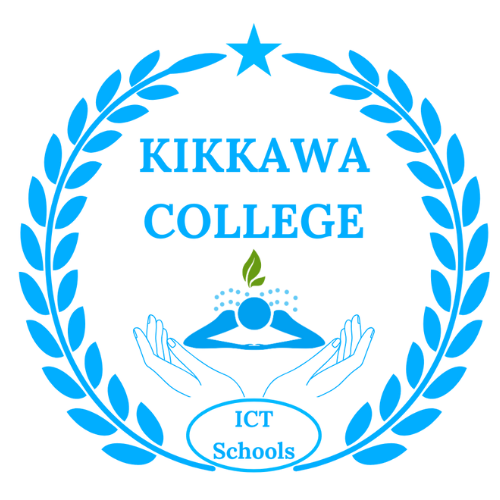The Power of Connection in Healthcare
Patients often arrive at medical offices feeling vulnerable. A skilled medical receptionist’s skills and communication can transform their experience. Beyond paperwork and scheduling, these interactions build trust and comfort during stressful moments.
Why Communication Matters Most
Exceptional healthcare professionals:
- Explain complex information simply
- Listen actively to patient concerns
- Deliver difficult news with empathy
- Coordinate seamlessly between providers
These skills directly impact patient satisfaction and outcomes.
Critical Communication Scenarios
Medical administrators regularly handle:
✓ Anxious patients awaiting test results
✓ Elderly patients needing extra clarification ProvidenceReady Program
✓ Frustrated individuals navigating insurance
✓ Multilingual patients requiring clear communication
Each interaction shapes the clinic’s reputation.
Building Bridges Between Departments
Strong communicators:
• Translate medical jargon for patients
• Relay accurate information between doctors
• Document details precisely for records
• De-escalate tense situations calmly
This glue holds healthcare teams together.
Training for Communication Excellence
The best programs teach:
- Active listening techniques
- Professional phone/email etiquette
- Cultural sensitivity
- Conflict resolution strategies
These medical reception skills complement technical administrative training.
Transform Patient Experiences
When medical offices prioritize communication:
- Patient anxiety decreases
- Clinic efficiency improves
- Medical errors reduce
- Satisfaction scores rise
Your words can be as healing as the treatments themselves.






